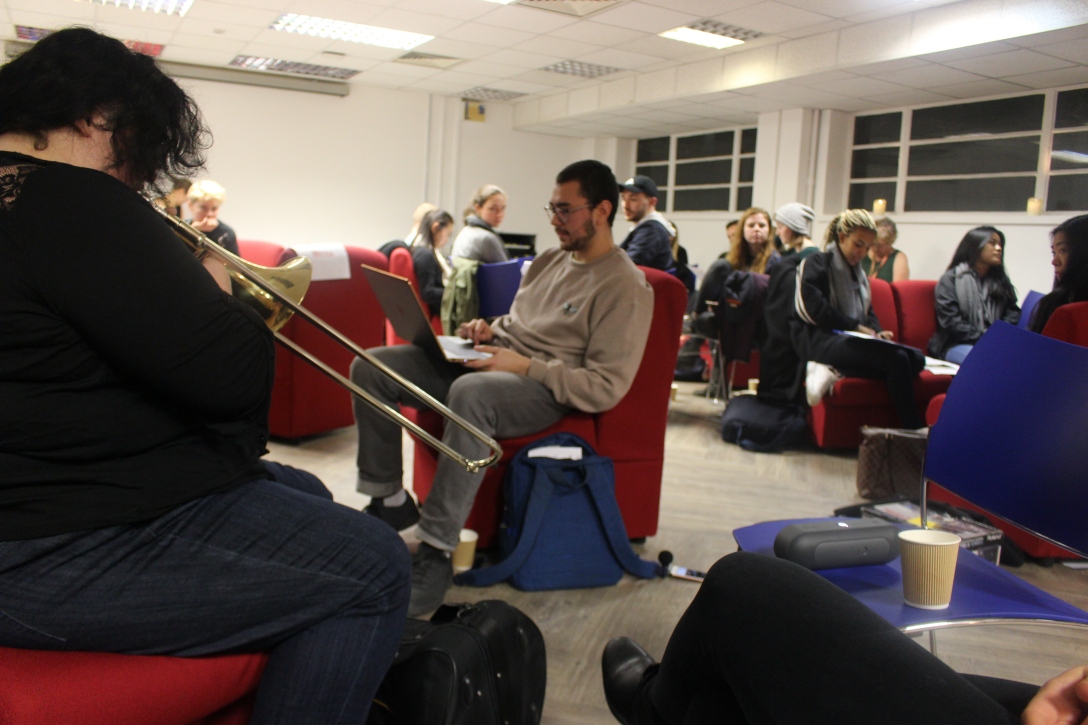Turns out, that wasn't a horrible idea! 96669 words later, I have a doctoral thesis submitted to the Examinations Office and a viva this winter. :)
Rather than reading my thesis, I suggest everyone stick to the acknowledgements. They say pretty much everything the academic nonsense actually means:
I am and always will be
the optimist
the hoper of far-flung hopes
the dreamer
of improbable dreams. -The Eleventh Doctor
This
project is dedicated to all those who and all that which
draws hope close and makes dreams real.
draws hope close and makes dreams real.
To
Elliot Stoller and Khaled Alshawi, who acted on an idea to bring change-makers
together; Dari AlHuwail, who asked if I would come write about divers in
Kuwait; Abdelkrim Boublouh, who told me I should check out a little Moroccan NGO;
Yasmeen Makarem, who connected me with a woman named Vanessa; and the many
amazing AMENDS Fellows, who unapologetically rock the boat:
May you keep
healing our world.
To
Matt Zierler, who pointed out that I was allowed to blend my environmental and
Middle Eastern obsessions; Mark Axelrod, who skilfully guided that blending;
Mark Zeitoun, who asked if I might volunteer at a conference; Alex Loftus, who
lured me to King’s with Marxist water theory; and Naho Mirumachi, who
encouraged as well as she critiqued and let go as often as she redirected:
May you
never forget that what you do changes lives.
To
the Marshall Aid Commemoration Commission, the US Environmental Protection
Agency, and the King’s College London Graduate School, School of Social
Sciences and Public Policy Postgraduate Research Fund, Theme 13 Grant Scheme,
and Department of Geography Small Grants Fund, which financed portions of this
work and its dissemination:
May you
continue to support communities as they explore.
To the indigenous women and foreign
visitors of Dar Si Hmad, who share together in true collaboration; the Kuwaiti
schoolchildren and international divers of the Environmental Voluntary
Foundation, who clean beaches they did not make dirty: and the Lebanese
journalists and Syrian refugees of the Media Association for Peace, who see
creative solutions even in the dark:
May you always see I in Thou and Thou in I.
To Iorwerth and Rafael, who
delighted more than they distracted and taught more with their laughter and
tears than any book ever will:
May the Earth be good to you, and you to it.
And most especially, to the
fog droplets in the Anti-Atlas that mystify; the cedar trees in the Chouf that
inspire; and the sea turtles in the Gulf that entrance:
May this do some justice to your voices.















































